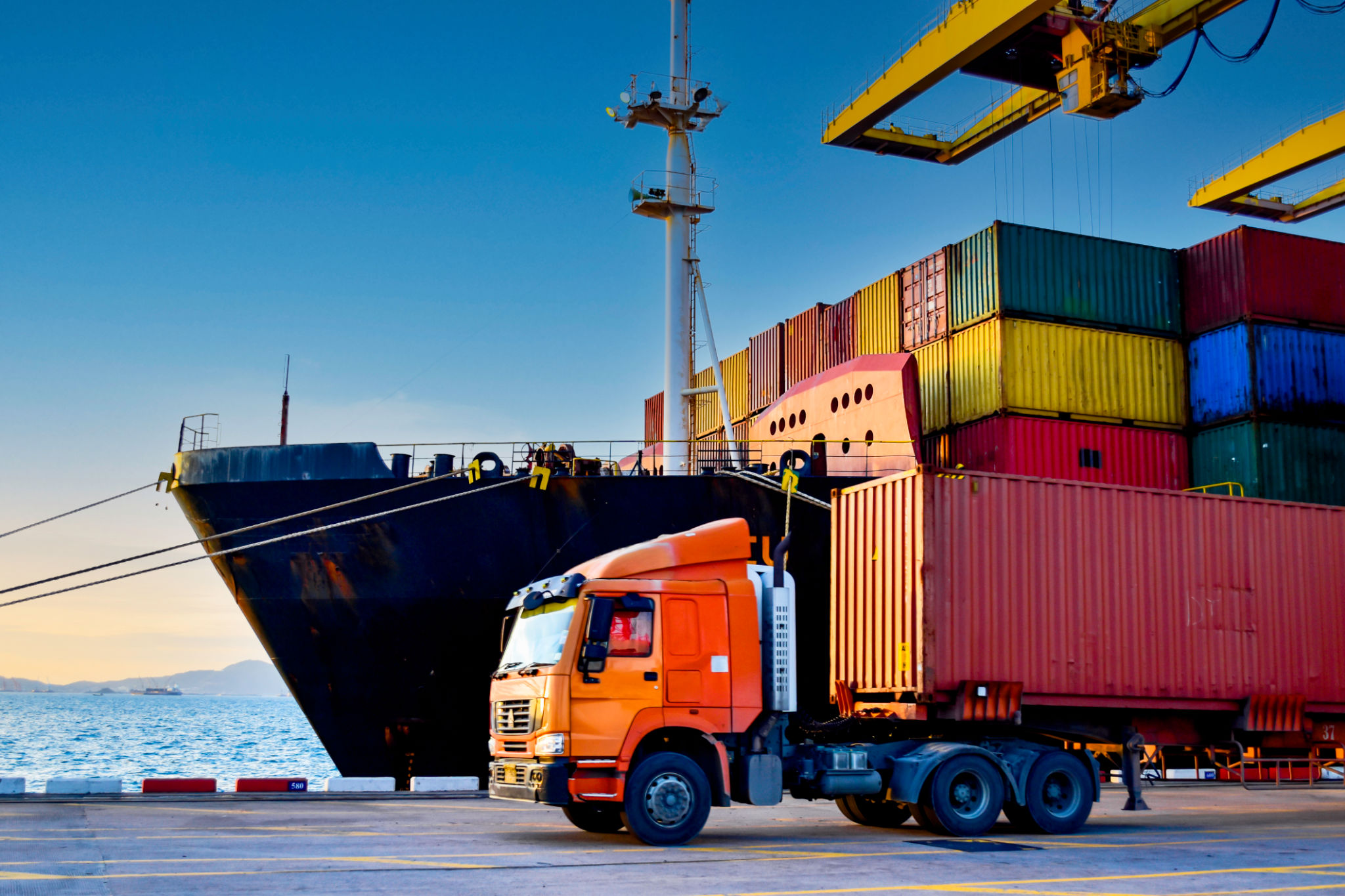How to Choose the Right Freight Forwarder for Your Business Needs
Understanding Freight Forwarding
Freight forwarding is a crucial component of the global supply chain. It involves the coordination and shipment of goods from one place to another, ensuring that they reach their destination safely and efficiently. Choosing the right freight forwarder can significantly impact your business's logistics and operations.
The right freight forwarder will not only manage the transportation of your goods but will also handle the complexities of customs clearance, documentation, and insurance. Therefore, making an informed decision is essential for maintaining smooth operations.

Assess Your Business Needs
Before selecting a freight forwarder, it's important to understand your specific business needs. Consider factors such as the type of goods you transport, the volume of shipments, and the destinations involved. These elements can influence the type of services you require from a freight forwarder.
For instance, if your business deals with perishable goods, you might need a forwarder with expertise in refrigerated shipping. Similarly, if you frequently ship large volumes internationally, a forwarder with a strong global network may be more suitable.
Consider Experience and Expertise
Experience and expertise are key factors when choosing a freight forwarder. Look for a company with a proven track record in handling shipments similar to yours. Experienced freight forwarders will have established processes and relationships with carriers, which can lead to more efficient and cost-effective shipping solutions.

Evaluate Customer Service
Customer service is another critical component to consider. A reliable freight forwarder should offer excellent customer service, providing you with timely updates and quick resolutions to any issues that arise. Consider how they communicate and how accessible they are when you have questions or concerns.
A good way to evaluate customer service is by checking reviews or asking for references from previous clients. Positive feedback can give you confidence in their ability to meet your expectations.
Check for Comprehensive Services
It's beneficial to work with a freight forwarder that offers a comprehensive range of services. This can include everything from customs brokerage and warehousing to transportation management and cargo insurance. A full-service provider can streamline your logistics operations by managing multiple aspects of the shipping process.

Compare Costs and Contract Terms
While cost is an important consideration, it shouldn't be the sole deciding factor. Compare quotes from multiple freight forwarders, but also pay attention to what each quote includes. Some may offer lower prices but exclude certain services that you may need.
Additionally, review the contract terms carefully. Ensure that they align with your business requirements and that there are no hidden fees or unfavorable conditions. Transparent pricing and flexible terms can help you avoid unexpected costs down the line.
Assess Technology and Tracking Capabilities
In today's digital age, technology plays a significant role in logistics. A forwarder with advanced tracking capabilities can provide real-time updates on your shipments, enhancing visibility and control over your supply chain. Look for providers that leverage technology to improve efficiency and transparency in their operations.
By carefully considering these factors, you can choose a freight forwarder that aligns with your business needs and helps facilitate smooth and efficient shipping operations.
